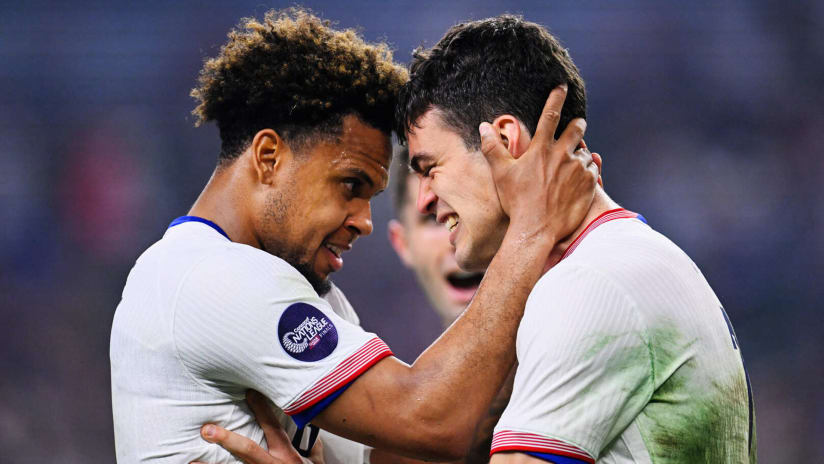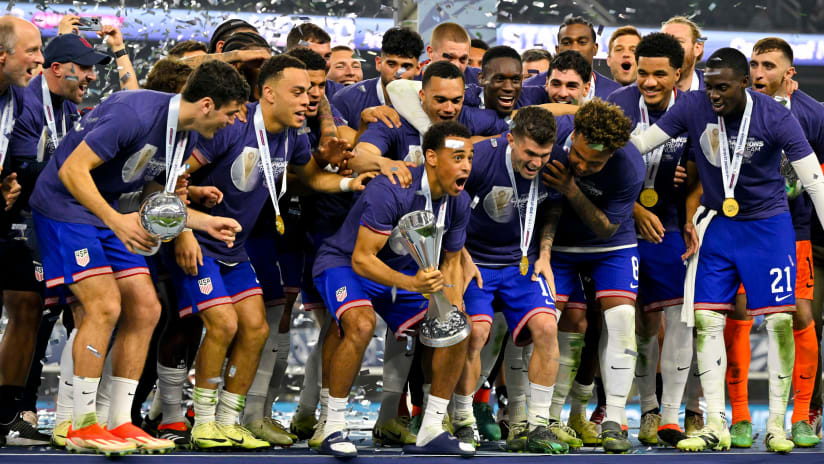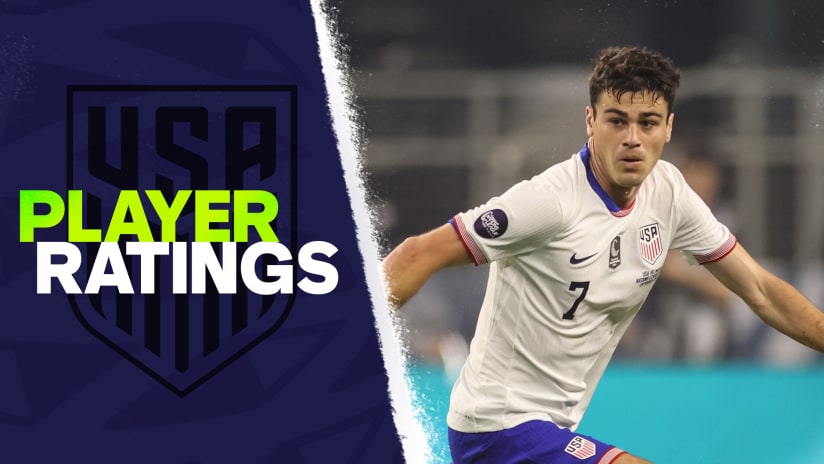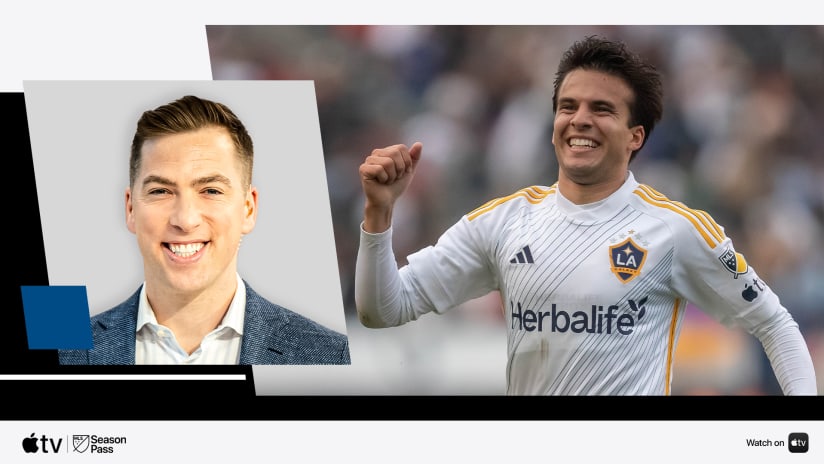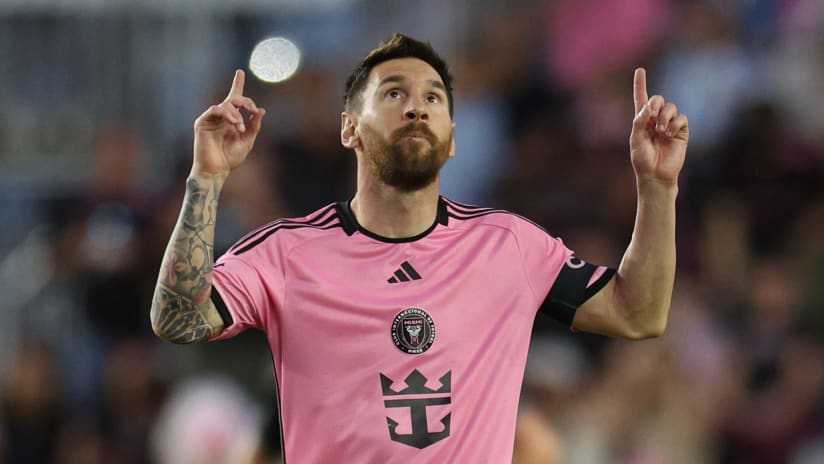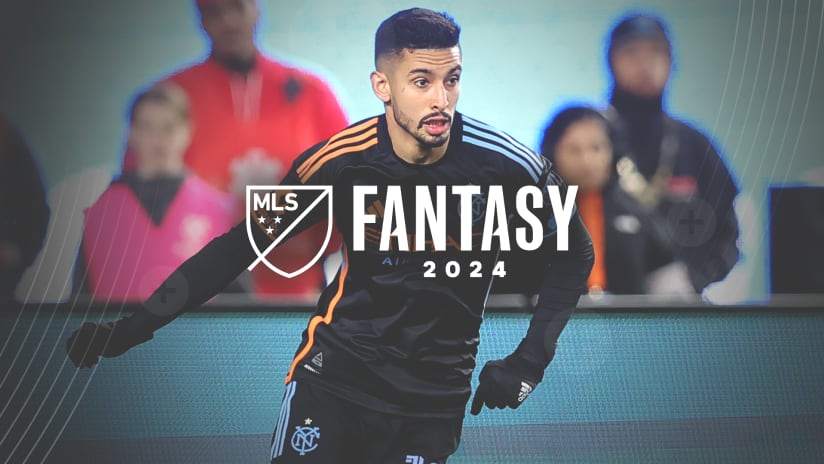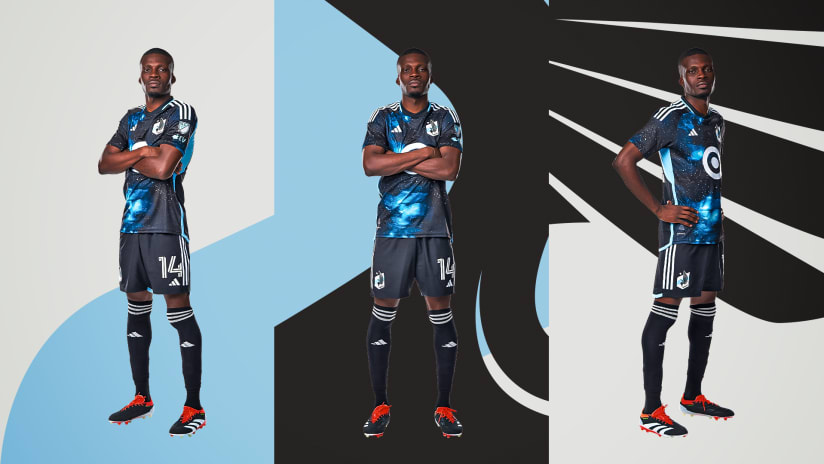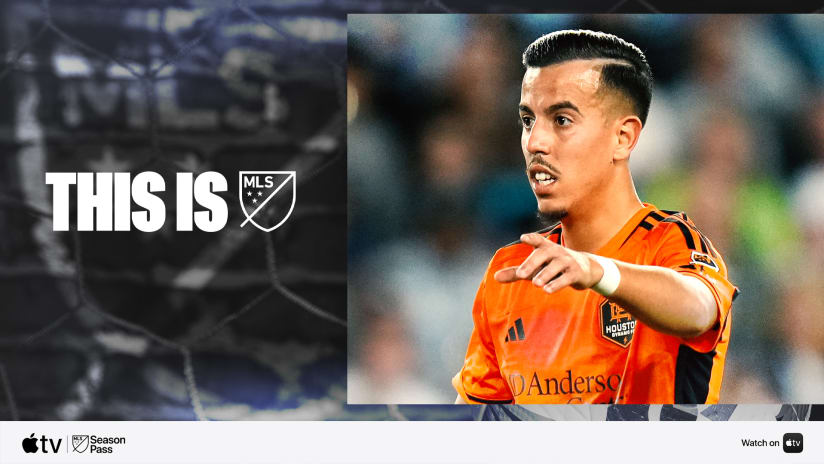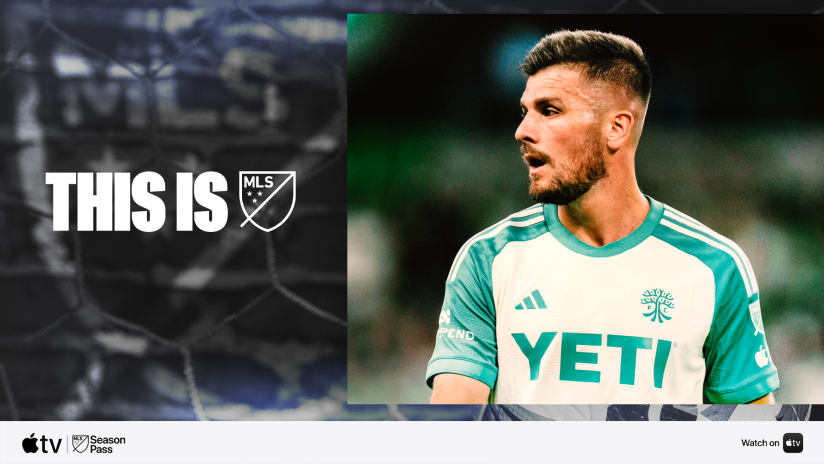MANAUS, Brazil – To understand how much the "Disgrace of Gijón" still haunts the German psyche, you only had to listen in on Jurgen Klinsmann’s press conference following the United States’ 2-2 draw with Portugal on Sunday night.
Instead of asking how the Americans clamped down on Cristiano Ronaldo for 90-plus minutes or how they drove the game against the fourth-ranked team in the world, all the German press was concerned about was the threat of collusion. Specifically, that a repeat of 1982, when West Germany and Austria played out a farce of a match to advance together, might be in the offing in Recife on Thursday (noon ET, ESPN).
Question after question – to the point where one reporter began his query by apologizing for "belaboring" the point – revolved around the possibility that Klinsmann’s adopted country and his birthplace could qualify with a draw. Therefore, went the logic, might Portugal or Ghana have reason to worry Germany and the US might wink and nod their way to the knockout stage?
“You’re talking about a game that is decades away in its own part of German history and is not part of the United States,” Klinsmann said, showing remarkable restraint as the point was, indeed, belabored.
“The United States is known for giving everything they have in every single game. If you look in the past, we make things happen. Otherwise Mexico wouldn’t be here.”
Panama can vouch for the American mentality, their pleading for mercy falling on deaf ears as Graham Zusi destroyed their World Cup dreams in October. The same goes for Costa Rica, who lost out on an automatic place in the 2010 tournament when Jonathan Bornstein refused to lay down in the final seconds at RFK Stadium.
But that didn’t keep the foreign press from trotting out the same old questions when US Soccer president Sunil Gulati made an appearance in the mixed zone following the match.
Unlike Klinsmann, he wasn’t so patient with the same old inquiry.
“[Jurgen’s] answered it about 35 times upstairs,” Gulati said, before pointing the US’ own history to emphasize his point.
“That may have been the mentality in 1982; it’s not the mentality of the US team,” he said. “In the last two World Cup qualifying campaigns, we went into game 10 having already qualified. By playing until the 93rd minute in the two games, we changed who qualified for the World Cup. We’re going into that game to win the game. Full stop.”
Making the situation a bit more complicated is the fact that Joachim Löw, Klinsmann’s friend and former assistant, will be on the opposite bench when the Germany and the US meet to conclude Group G.
So why, asked reporters, couldn’t the two pals give each other a ring? Why wasn’t it plausible that two men with so much at stake could make a deal under the table?
“There’s no such call,” Klinsmann said. “Jogi is doing his job, we’re good friends and I do my job. My job is to get everything done to make us into the round of 16, and that’s what I’m going to do. There’s no time right now for personal calls. It’s about business now.”
Business, in this case, is about winning the group, which would likely spare the table topper a knockout stage matchup with Belgium.
The US’ only route to winning their second straight group is to defeat Germany. They’ll also advance with a draw, but could also go through if they lose and their goal differential remains higher than Ghana or Portugal, each of whom must win to have any chance of avoiding elimination.
But a point isn’t good enough for Klinsmann or his charges, even if it gets the job done. They’ll take it, sure, but only if that’s all that’s left after fighting for three.
“This is a team that competes, gives everything it has and steps on the field looking to represent themselves and the country in the best possible way,” Michael Bradley told reporters Sunday night. “… We want to win. We want to win the group and put ourselves in a good position going forward.”


